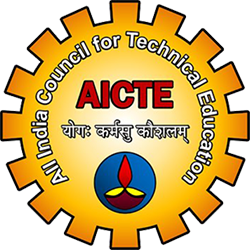"Career Tracks: The Evolution from Dual to Multi-Specialisation Education"
It is critical for the education system to adjust to the changing demands of students and businesses in today's dynamic business climate. This adaptation is occurring in part through the transition from traditional dual-specialization programs to multi-specialization career paths, which offer more diverse and adaptable educational opportunities.
Career paths are intended to provide learners with a multidimensional education. This allows learners to tailor their education to better suit their own circumstances, passions, and professional aspirations. This affords individuals the opportunity to broaden their skill sets and advance professionally. For instance, a student can develop the analytical and creative skills that are in demand by employers today by taking marketing and data analytics courses.

However, dual-specialization programs may restrict the capacity of learners to become comprehensive experts in various fields. Since they only cover two areas of expertise, learners may feel confined in their academic and professional development.
Different business perspectives can be gained from different career paths. They give students a broader and more profound grasp of the complexity of modern business by exposing them to a range of subjects and specializations. This systemic strategy fosters the growth of ethical leaders who can consider a variety of perspectives when making decisions and thrive in dynamic corporate settings.
Career paths also provide a great chance to advance in one's profession. Students can continuously progress and grow in their occupations by acquiring a wide variety of skills. Given the rate of innovation in today's businesses, where new technology and business models appear almost daily, this is more crucial than ever. Learners may keep up with the ever-changing demands of the corporate world and their own career goals through the process of upscaling.
In conclusion, career tracks represent a significant transition in the education system, providing learners with a multiscale, cross-scale, and upscaled approach to learning. Learners can obtain the skills they need to be successful in their chosen careers through career tracks, which offer a greater variety of specializations and customization choices. Career paths are becoming increasingly significant in educating students about the difficulties and opportunities of the modern corporate environment.



